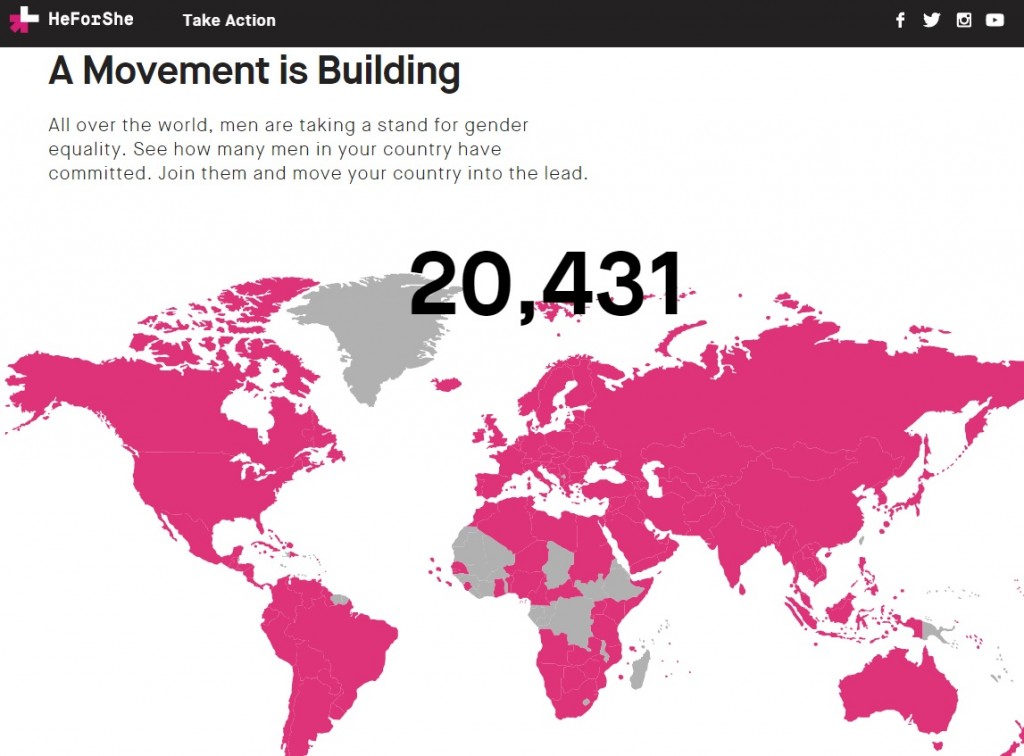Khiara Ortiz, NY, USA, SSH Blog Correspondent
Sexual harassment isn’t something that only happens on the streets of our dear planet Earth. In a recent article on Mashable, Heather Poole, a flight attendant “for a major U.S. carrier” wrote about her experience with an “unruly passenger” when, eighteen years ago, he pinched her “you-know-what” not once, but twice, while she was working.
“I didn’t know what to do,” she writes, “so I nervously laughed and ran to the galley where I would’ve cursed him out – if he hadn’t followed me there. That’s when he did it again. Right in front of my crew.”
Having just started her career as a flight attendant, she didn’t report the incident because she didn’t know who to complain to. This is one of the major issues with sexual harassment, even when it’s happening at an altitude of 35,000 miles. Women don’t know who to turn to, who will listen to them, or who will care.
“I figured it was the sort of thing that came with the job of being a flight attendant,” Poole continues. “I knew the airline wouldn’t want to be inconvenienced by a call to law enforcement over a nonviolent, though unruly, passenger. Especially since the only person offended was me, an employee.”
Poole also cites that though companies in the U.S. have laws that protect their employees against this type of treatment, sexual harassment is just one of those practices that seem to slide by, not unnoticed, but simply uncared for.
“These young girls [the ones most frequently hired by airlines] are just too afraid to say anything for fear of losing their job,” Poole says, quoting a flight attendant who reached out to her after Poole became vocal about her sexual harassment experience.
Perhaps that is the exact reason why sexual harassment in the workplace still happens. The men who exhibit inappropriate behavior are aware of the vulnerable position that women are in because they are only supposed to be doing their jobs and nothing else. If they are harassed, they cannot act out or fight back against the harasser because it would violate the guidelines of their jobs. The men see those women not as humans, but just as employees and therefore below them, the men, in the hierarchy of humanity (though something like that shouldn’t even exist in the first place).
Flight attendants, like other female-dominated service industries like retail and waitressing experience a lot of harassment from “customers.” Earlier this year in February, the Hong Kong-based Equal Opportunities Commission (EOC) announced that in a survey of 392 flight attendants between November 2013 and January 2014, 27% reported being sexually harassed while on-duty in-flight in the last twelve months. Of the survey participants, 86% were female and 14% were male.
So what would it take to end this type of sexual harassment? Poole cites that some airlines, mostly foreign carriers, uphold practices that make it more difficult for women to receive equal treatment from their male customers while on the job. “There are Middle Eastern airlines that make flight attendants resign after they become pregnant or get married, an Asian carrier with only one size of uniform, and an Indian carrier who only hires females between the ages of 18 to 22. Males, on the other hand, can be older.”
Of course, harassment and groping on airplanes doesn’t just happen to flight attendants, it can also happen to passengers by flight attendants, other passengers, and even air marshalls. No matter the perpetrator or victim, each case of harassment should be taken seriously as an assault on a human’s right over his or her body.
Khiara is a recent graduate of New York University with a BAS in Journalism and Psychology who works as an assistant in the contracts department for Hachette Book Group. She is also the co-social media manager for Stop Street Harassment.

